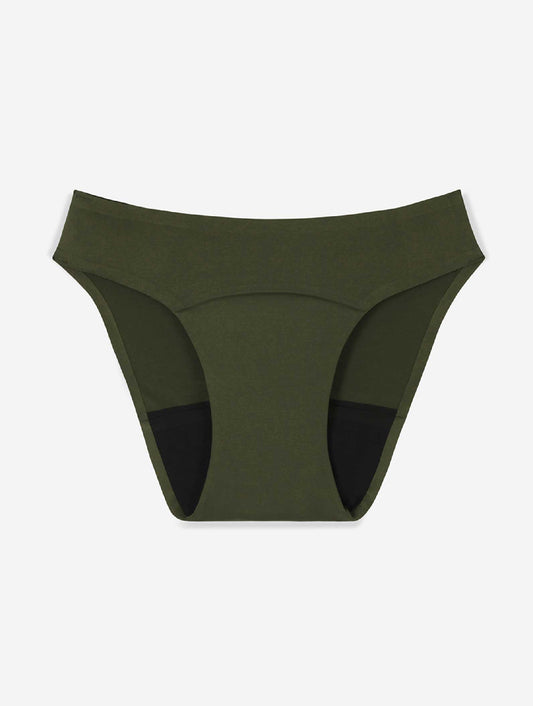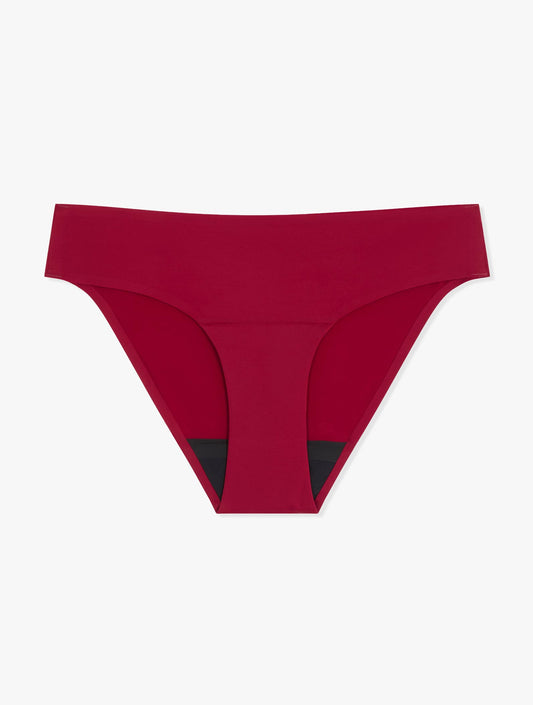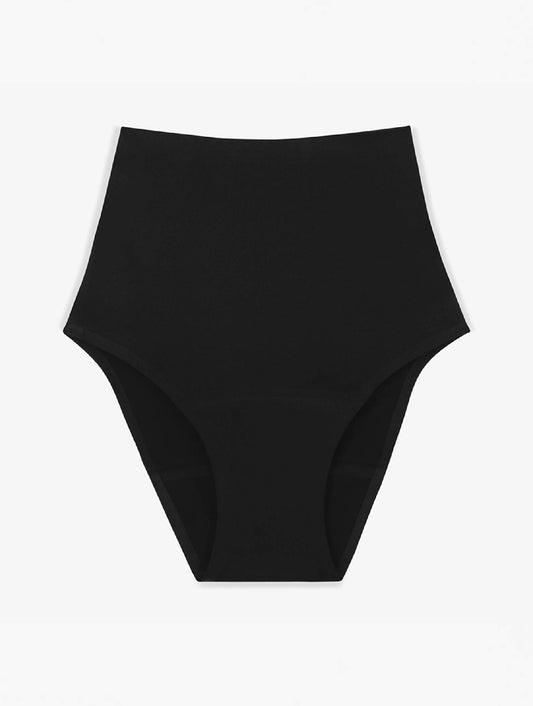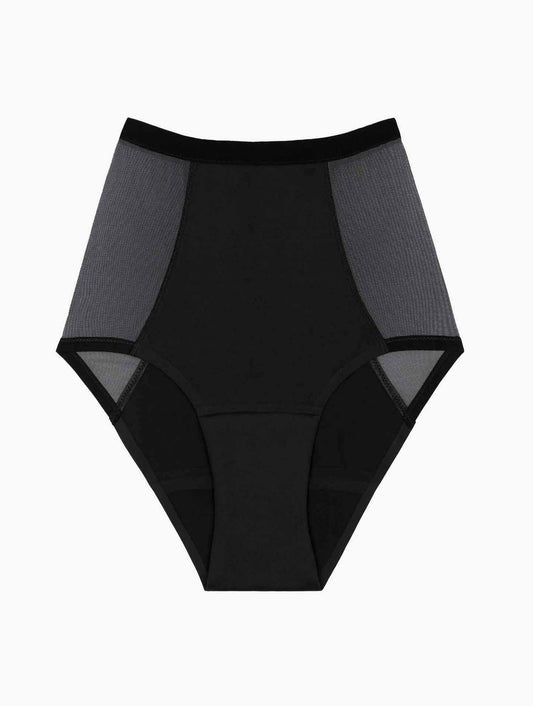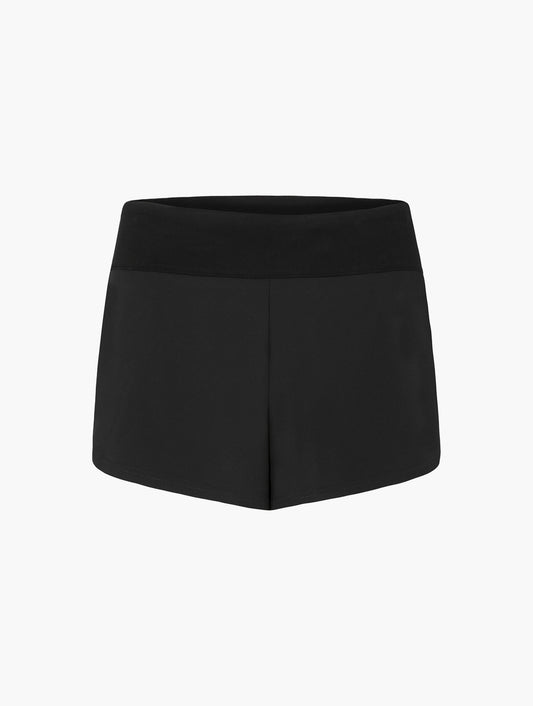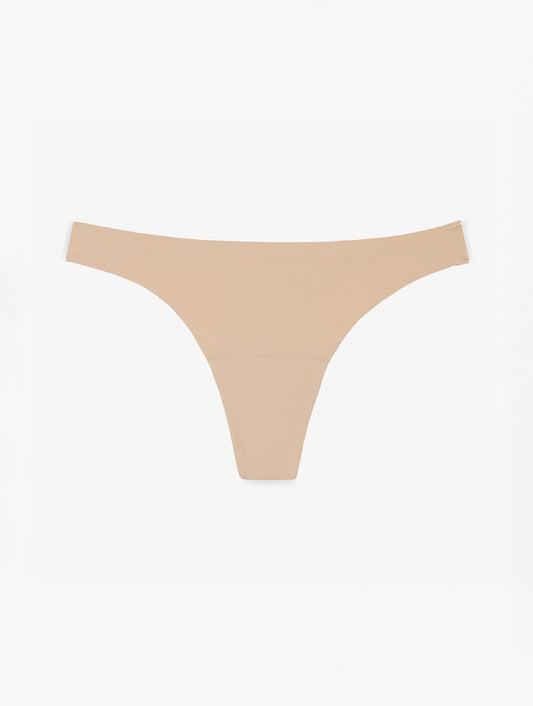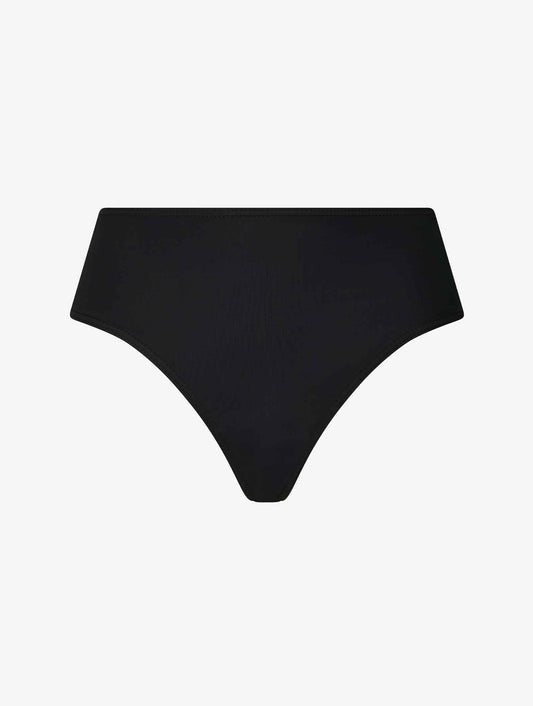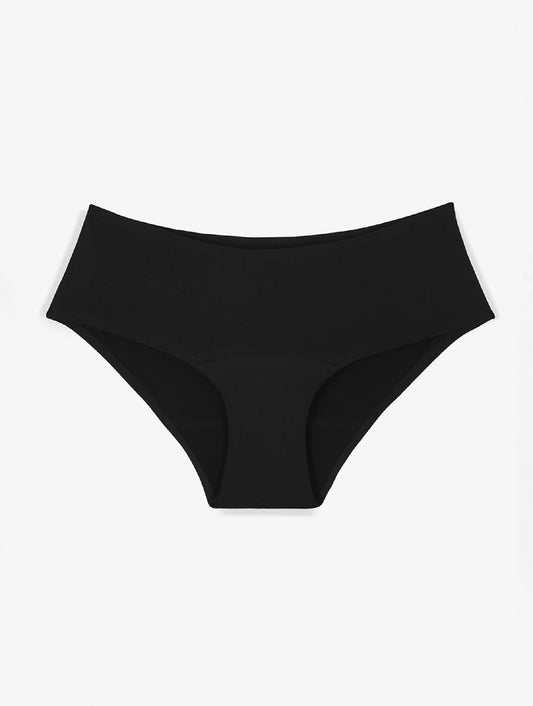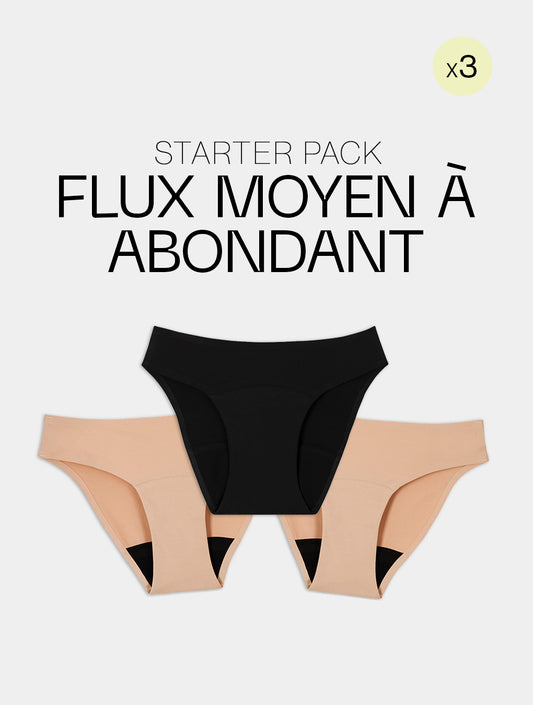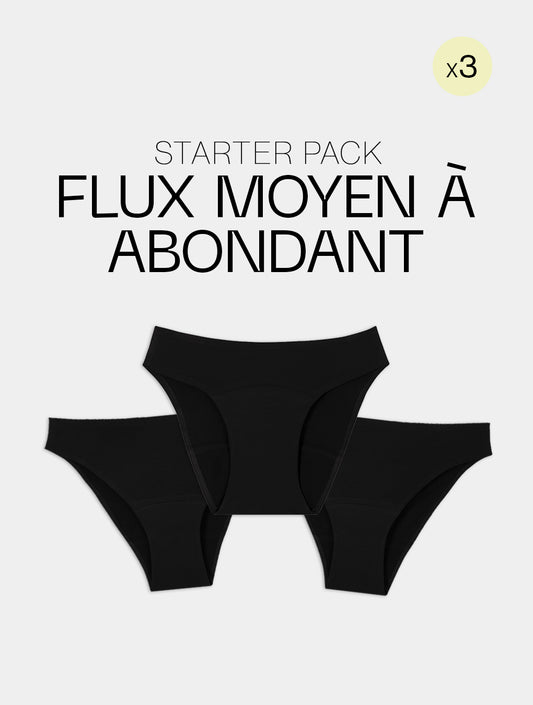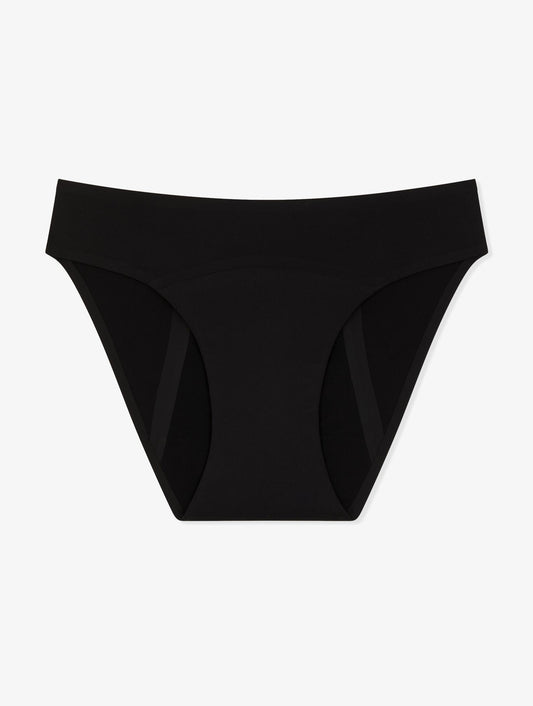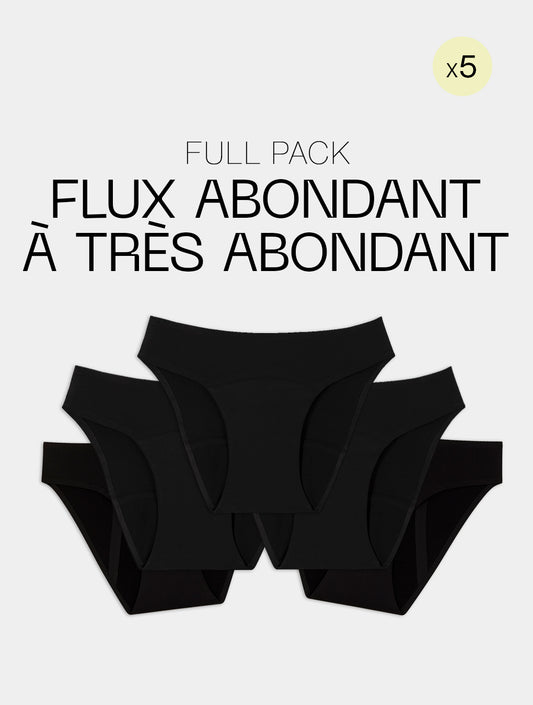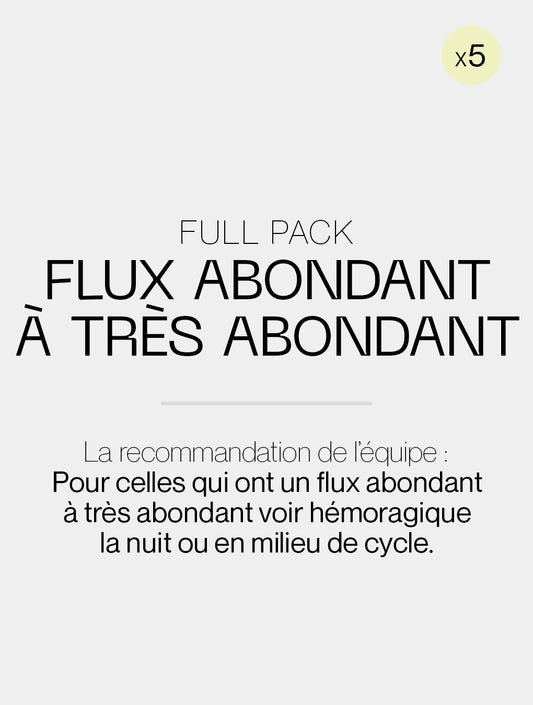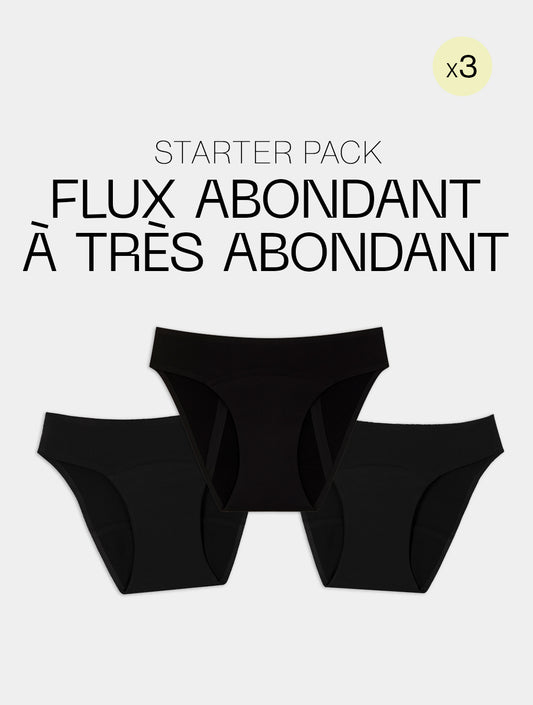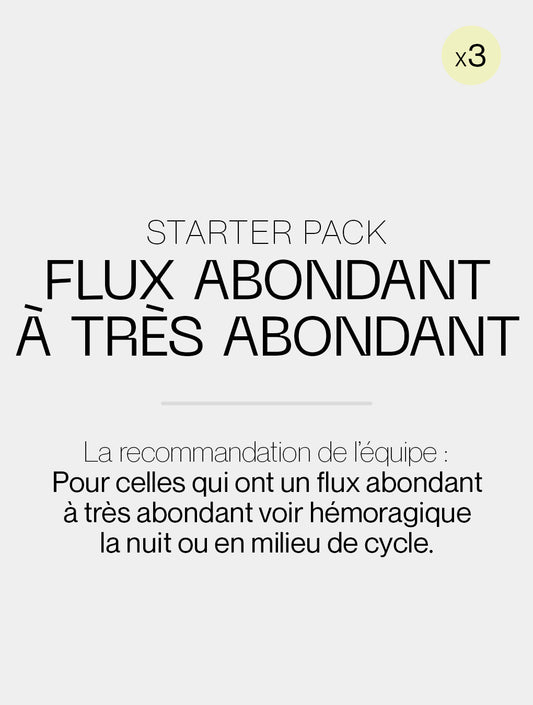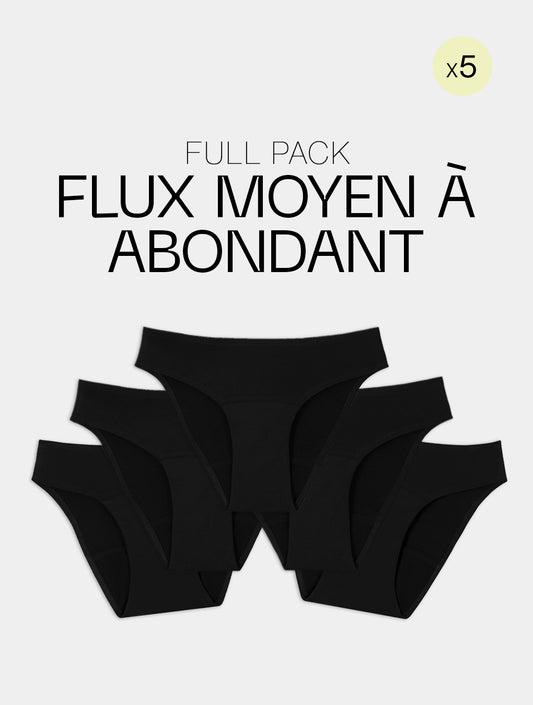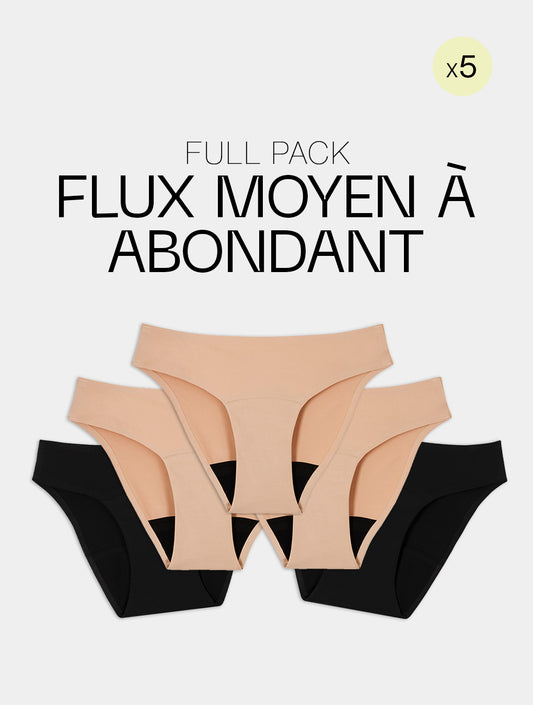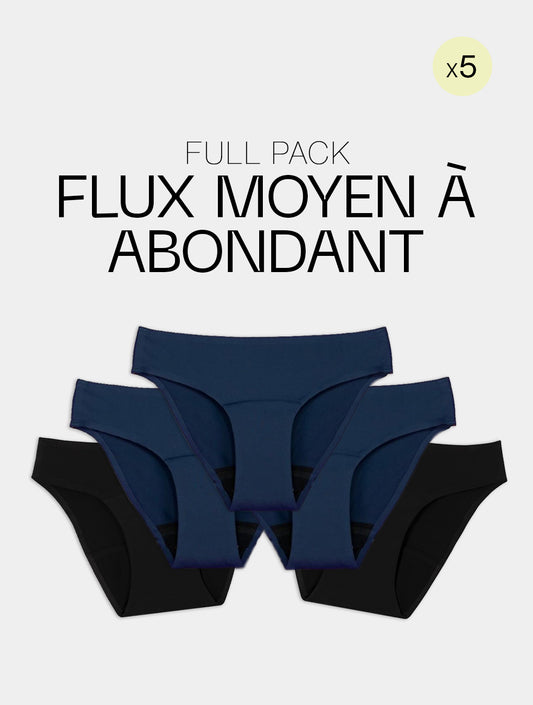The Slow movement or how to slow down when everything is going so fast?
We live in a reality where everything is accelerating. Everything should always be faster, work, meals, fashion, and even holidays. In a world where we no longer seem to have the time, or rather where we no longer take the time to stop, is it still possible to slow down? The followers of this movement are convinced of this.
What is slow movement?
It was in the 80s that the “slow movement” made its appearance. It was born from a relatively simple observation, but which raises many questions about our way of life today. The conclusion is as follows: we are sometimes victims of the frenetic pace of our time. To overcome this, the Slow movement offers another perspective, another way of doing things, which is to slow down our pace of life.
This movement has become a real philosophy, which applies to almost all aspects of life, even the most intimate.

Aquila cotton menstrual panties
39,00 €
27,30 €
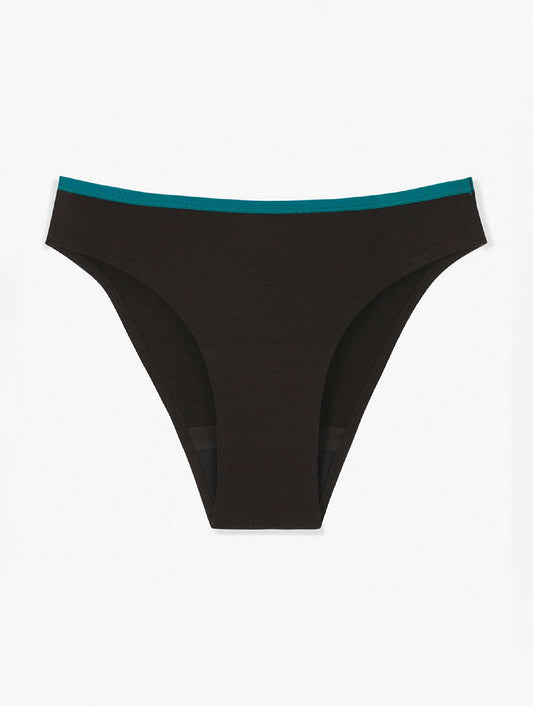
Ara cotton menstrual panties
35,00 €
24,50 €
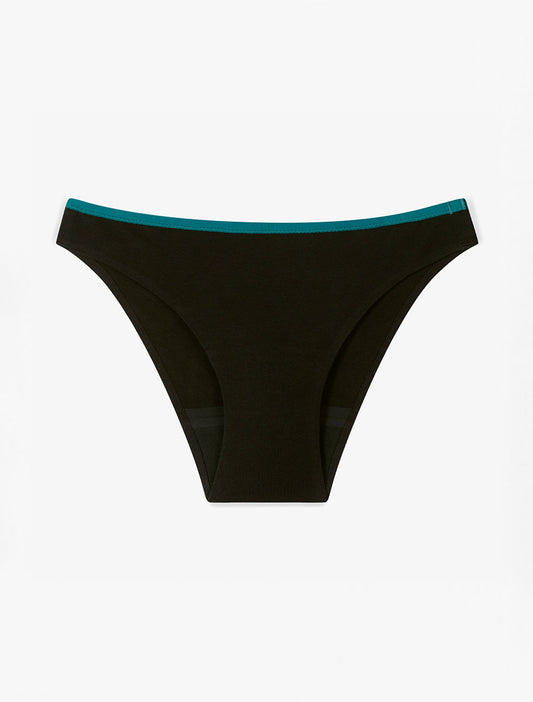
Libra Cotton Menstrual Panties for teens
29,00 €
20,30 €
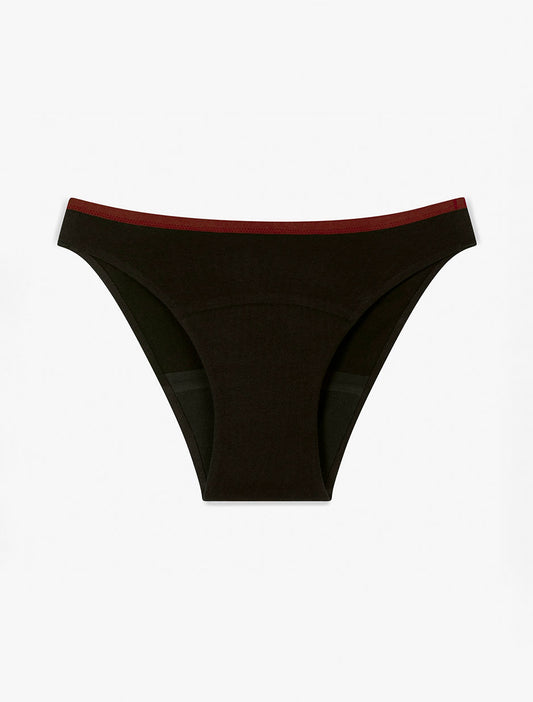
Lyra Cotton Menstrual Panties for teens
32,00 €
22,40 €
Slow life: praising slowness in a rushed world
Opting for this way of life does not mean radically changing your life. This may seem contradictory when you live in the hyper-connected era of uberization, smartphones and social networks. However, living a slow life in a world that goes a hundred miles an hour is possible.
Slow food: a “slow food” philosophy from Italy
Slow food is an international movement initiated by Carlo Pétrini. The drafting of the “slow food manifesto for taste and biodiversity” in 1989 marked the beginning of this movement in favor of local and seasonal food. This philosophy - symbolized by a snail - has the slogan "good, clean and fair". Its followers - in response to the fast food style - refuse the standardization of tastes and advocate a pleasure cuisine favoring authenticity, seasonal products and small productions. Savoring the present moment, taking your time, rethinking your relationship to food and consumption are the watchwords of these everyday oeno-gastronomists. The way we eat influences our physical and mental health, but also the world in which we live.
The slow movement in the city: the example of slow cities
The secret of slow living may be to act one step at a time. This is how 168 cities have undertaken to follow and respect the charter for slow cities, or Cittàslow. What is it about ? The points mentioned in the charter are similar to an action to serve the fight against global warming, with a few exceptions.
Protecting the environment, promoting local sustainable development and improving residents' quality of life are at the very heart of the objectives of “slow cities”. These cities want through various actions to return to a slower pace of life. This approach can go through simple things, such as reducing noise pollution. Or through slightly more complex actions that directly impact our lifestyles and society, such as the creation of public spaces dedicated to conviviality.
The slow attitude from day to day
The slow attitude popularized by Carl Honoré in his book "The Praise of Slowness" suggests finding the right balance between activity and rest, work and free time to combat the feeling that we never have enough time. From slow business to slow school, through slow travel or slow parenting, it invites itself into all areas of life. All audiences are concerned: adults, children, workers, tourists, schoolchildren, families...
A question of adaptation
Embracing the slow movement is mostly a matter of adaptation. Because changes that are too rapid or too radical in our lifestyles often tend to collapse in the long term.
If this approach appeals to you, doing small actions that fit easily into your usual routine is a good start. It can be a simple walk with the children during the week, taking some time for yourself, getting organized, etc.
Slowing down in all aspects of his life, even under the sheets and in his panties
Slow life is a synonym of commitment both for oneself and for the planet. The example of slow fashion or slow cosmetics lends itself perfectly to the demonstration. These two movements oppose fast-fashion and fast beauty, which generate overconsumption, waste and frustration. Here, the consumption of fashion or cosmetics or even beauty must be done in an ethical and reasoned way. This movement is therefore not only born of a desire to slow down the pace, but also of a desire to act better, while respecting one's needs and one's environment. Know that the precepts linked to the slow approach can be applied to the simplest and most intimate aspects of our lives.
Slow sex: tenderness and slowness under the duvet
Ladies, you'll be delighted to hear that this trend is also making its way into the bedroom. The bedroom is a place where one would expect to find intimacy, sharing and sensitivity. However, with all the information circulating on the web, intimate activities such as sex have lost some of their sweetness to combine with competitiveness, performance, complexes, and even stress. Whether consciously or not, it can impact self-perception and morale. Adopting slow sex means practicing a more conscious sex, with respect for oneself and for the other. It is also letting go by favoring gentle sensations and emotions with tenderness and slowness.
Consuming slow on a daily basis
Consuming slow is beneficial for both the physical and the mental. By respecting the principles of slow consumption, we put ourselves fully at the service of our well-being and that of others. Because we eat better, we sleep better and we are less stressed.
Finding new patterns of consumption is essential if one wishes to have a slower life. This can mean eating seasonal fruits and vegetables, removing fast foods from your diet, making your own cleaning products, etc. But for women, there is one aspect of life for which finding alternatives compatible with slow lifestyles is more difficult… These are rules. How to protect yourself during your period, if you want to adopt this approach? Menstrual panties perfectly meet the criteria of a fulfilling slow life. Environmentally friendly, reusable and practical, menstrual panties allow you to live your period differently and above all, gently and without stress.
By Valerie.


